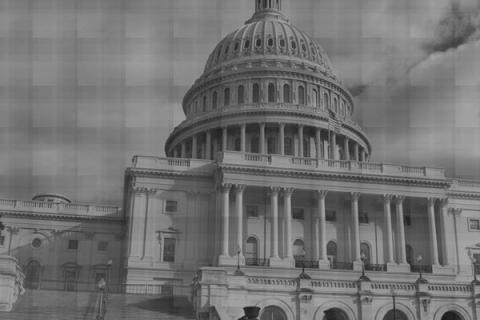In a rare instance, Democrats and Republicans have an issue to unite against: open primaries.
In an open system of primary elections, a proposal state Sen. Abel Maldonado squeezed into the 2010 ballot in return for his support for the budget, voters don't need to belong to a specific political party to be able to cast their votes for partisan candidates in primary elections. The two top candidates, who in some cases could be two Republicans and in others two Democrats, could then compete in the general elections.
While open primaries would alter a long standing political tradition, they mean golden news for voter participation, as they open the doors--or booths-- to nonpartisan voters. In cases where two candidates from the same party make it to the general elections, independent (or independent-minded) voters would have to base their decision more on the issues at stake than support or betrayal of their party. And since politics--and the sometimes arbitrary party lines within it--are not black and white, moderates of one party may more closely identify with a candidate of, gasp, another party.
In this system also known as "two-top primaries ," top parties, the party-less and even third parties could accompany the decision-making process from start to finish, as having roots in a particular candidate could encourage even more people to recast their votes. In examining 2006 statistics, 18.3 percent of registered voters in California declined to declare a political party, almost double the 10.3 independent voter rate of 1994. This growing number surely has strong--or in some cases, moderate--opinions; why shouldn't they be allowed to express them freely?
Yes, California has made some concessions since 2001, when it enacted a "modified closed primary system" in which parties can choose whether or not to have unaffiliated voters vote in their party's primary. Yet parties have not always chosen to open up to outsiders, seeing as the Republicans opted against non-party voters in the 2008 presidential primary elections. An open system would situate outsider participation into law rather than fluctuating party whims.
As a supporter of open primaries, Gov. Arnold Schwarzenegger stressed that it is important that issues would come first. "It's not good for politics. But remember, what's not good for politics is good for the people."
Some like to point out that open primaries would simply lead to further political polarization. Parts of Orange County would be dominated by only Republicans whereas San Francisco would cross into the radical left, fueled politically by only Peace and Freedom Party leaders posing as Democrats, right? Well, the system would still represent the views of the voting populous. Who is to say that a Democrat would not win the race just because they were running alongside a Republican? Another Democrat could detract votes just as easily, even if it were a closer call. As all candidates, and their viewpoints, are put on the table in the beginning, the two runner-ups will simply reflect what the people want outside of what traditional closed primaries have mandated. Even the ballot measure's passage itself will fairly represent California, as voters will be able to decide in June 2010 whether or not they want to switch systems.
Not all of Maldonado's concessions for his vote are to applauded, such as scratching the 12-cent gas hike. Yet through his open primary proposal, he has gotten to the complicated heart of politics, and revealed what it is missing. Open primaries would be a better way of fostering involvement in the political process--with the only big loss being that of a tradition that stands to be altered.
